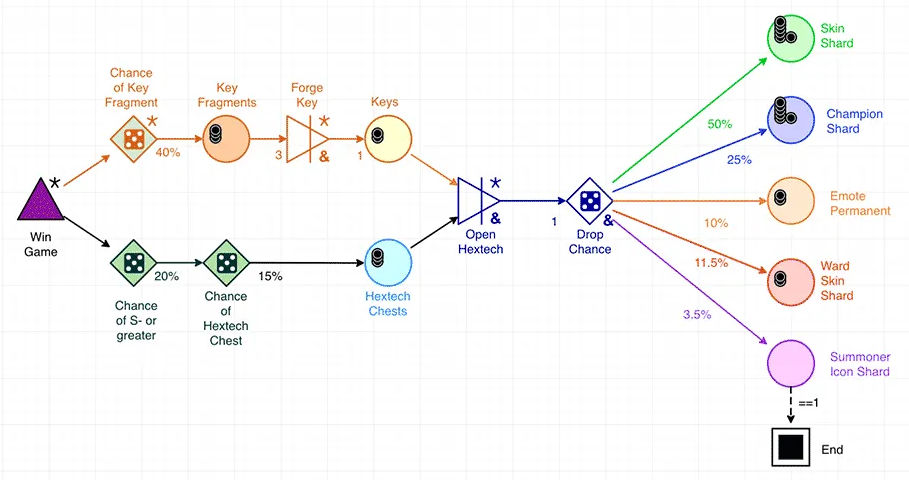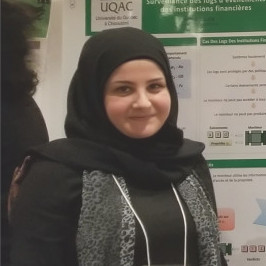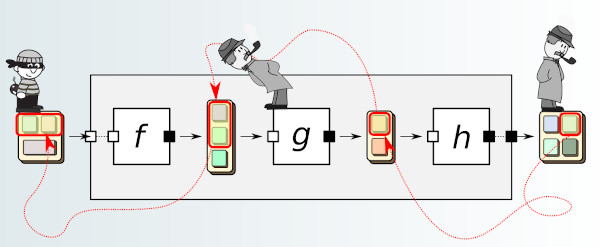The Formal Computing Laboratory at the University of Québec in Chicoutimi is seeking excellent M.Sc. candidates for two 2-year funded Masters project for the evaluation of clinical skills through monitoring and analysis of logs.
- Start date: May 1, 2025 (or anytime sooner)
Project Description
The Charles-Bruneau Foundation is funding a project aimed at setting up an interactive digital training to improve practices for children with cancer and their families.
…











Recent Comments